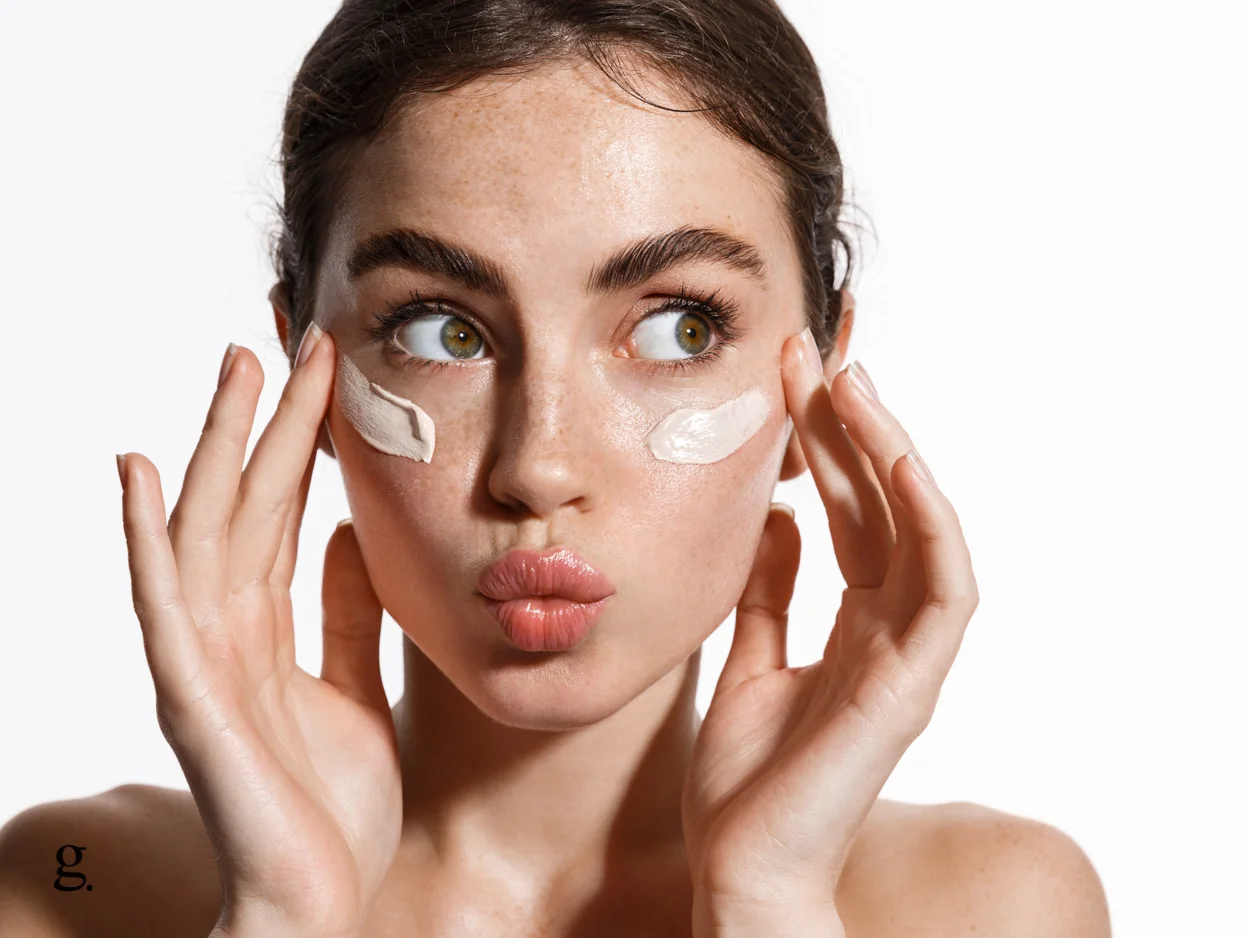We’ve all been there, looking in the mirror and noticing those first fine lines, wrinkles, or age spots starting to appear on our skin. It’s a natural part of life, but it doesn’t mean we have to embrace it without a fight. One of the most commonly asked questions when it comes to protecting our skin from the visible signs of aging is: when should we start using anti-aging skincare products?
In this article, we’ll dive into the world of skincare, discussing the factors that contribute to aging skin and how you can determine the right age to start incorporating anti-aging products into your daily routine. By understanding the science behind aging and skincare, you’ll be better equipped to make informed decisions and keep your skin looking youthful and radiant for as long as possible.
Why Your Skin Gets Worse as Time Goes on
Aging is an inevitable process that affects every part of our body, including our skin. As we age, various physiological changes take place, which can alter the appearance and structure of our skin. Here’s a brief overview of some key factors that contribute to skin aging:
- Collagen and elastin degradation: Collagen and elastin are two essential proteins that provide structural support and elasticity to our skin. With age, the production of these proteins decreases, leading to a loss of firmness, the formation of wrinkles, and sagging skin.
- Decreased cell turnover: Our skin constantly renews itself by shedding old, dead skin cells and replacing them with new ones. As we age, this process of cell turnover slows down, causing a buildup of dead skin cells that can make the skin appear dull, uneven, and more prone to fine lines.
- Reduced hydration: The skin’s ability to retain moisture declines as we age. This decrease in hydration can exacerbate the appearance of fine lines and wrinkles, as well as contribute to a loss of plumpness and suppleness.
- Sun damage: Prolonged exposure to the sun’s harmful ultraviolet (UV) rays can cause premature aging of the skin, known as photoaging. This can lead to the appearance of wrinkles, age spots, and uneven pigmentation.
- Genetics: Our genes play a significant role in how our skin ages. Some individuals may be more prone to the visible signs of aging due to their genetic makeup.
- Lifestyle factors: Smoking, poor nutrition, stress, and lack of sleep can all contribute to the aging process and exacerbate the visible signs of aging on the skin.
When To Start Trying To Combat The Signs of Aging?
Anti-aging skincare should ideally start as early as possible, even during childhood. This doesn’t mean that children should begin using anti-aging skincare products, but rather that they should be educated about maintaining their skin’s health and how lifestyle decisions can impact their skin in the long run.
Here are some age-appropriate ways to introduce the concept of skin health and anti-aging to children involving topics such as sun protection, healthy eating habits, the importance of hydration, and facial hygiene.
But of course, that’s all very idealistic!
A great age for someone to start incorporating anti-aging skincare products into their routine is around the age of 24-25. This is when the natural aging process begins, and our skin starts to experience a decline in collagen production, elastin, and cell turnover.
By adding anti-aging steps to your skincare routine at this stage, you can proactively address these changes and help to futureproof your skin against the visible signs of aging.
By starting an anti-aging skincare routine in your mid-20s, you’ll be taking proactive steps to protect your skin and minimize the visible effects of aging. Remember that consistency is key; maintain a regular routine, and adjust it as needed based on your skin’s evolving needs and concerns.
While the age of 24-25 is often cited as an ideal time to start incorporating anti-aging products into your skincare routine, it’s never too late to start using anti-aging products to address these issues and support your skin’s health.
It’s important to remember that everyone’s skin is unique, and the aging process can be influenced by factors such as genetics, lifestyle, and environmental stressors. If you are noticing the signs of aging earlier or have concerns about your skin’s appearance, start planning and tailoring your daily skincare regimen accordingly.
While anti-aging skincare products aren’t magical elixirs that can turn back time, they can play a significant role in supporting skin health, preventing or delaying the appearance of imperfections, and minimizing the visible effects of aging. With advancements in skincare science, there is a multitude of products available on the market specifically designed to target various aspects of skin aging.
Anti-Aging Essentials
Here’s a brief list of essential steps to include in your skincare routine for a comprehensive approach to anti-aging:
- Cleansing: Gently remove dirt, makeup, and impurities from your skin using a cleanser suitable for your skin type.
- Exfoliation: Regularly exfoliate your skin using a gentle physical or chemical exfoliant to improve skin texture and promote cell renewal.
- Toning: Use a toner to help balance your skin’s pH and prepare it for the following skincare steps.
- Antioxidant serum: Apply a serum containing antioxidants such as vitamin C, vitamin E, or niacinamide to protect your skin from environmental stressors and free radicals.
- Retinoids: Incorporate a retinoid product into your routine to boost cell turnover, stimulate collagen production, and improve skin texture.
- Moisturizing: Keep your skin hydrated and maintain its natural moisture barrier with a moisturizer containing ingredients like hyaluronic acid, ceramides, or glycerin.
- Eye cream: Apply an eye cream to target specific concerns like dark circles, puffiness, or crow’s feet.
- Sun protection: Use broad-spectrum sunscreen with an SPF of at least 30 daily to protect your skin from the damaging effects of UV rays.
We’ve already written a complete step-by-step guide detailing how to build a skincare routine for anti-aging, providing in-depth information and guidance on each step, product recommendations, and tips for maintaining healthy, youthful-looking skin. We encourage you to check it out!
Summary
The ideal time to start incorporating anti-aging skincare products into your daily routine is around the age of 24-25. However, it’s never too late to begin, and it’s essential to tailor your regimen to your skin’s unique needs and concerns.
A comprehensive anti-aging skincare routine should include cleansing, exfoliation, toning, antioxidant serums, retinoids, moisturizing, eye cream, and sun protection. By understanding the factors that contribute to skin aging and taking a proactive approach, you can effectively minimize the visible signs of aging and maintain a healthy, youthful appearance.

